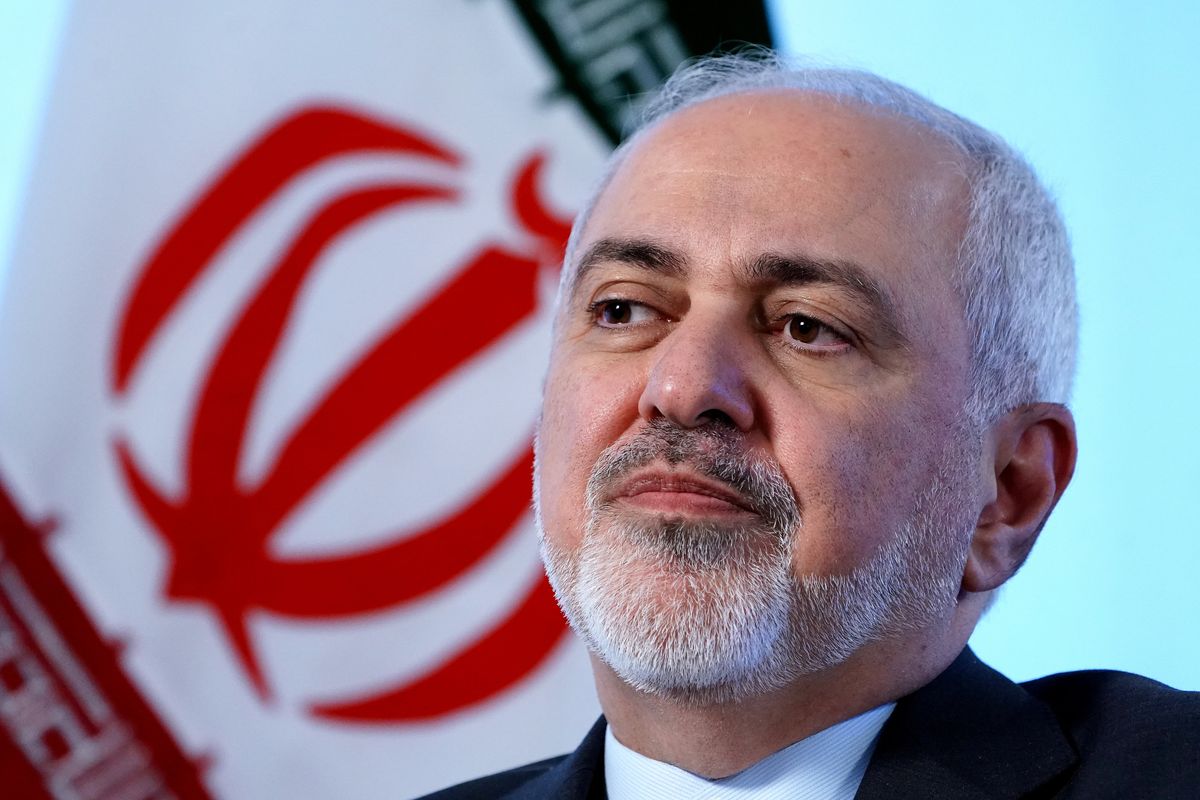It's been an interesting few days in ever-turbulent relations between Iran and the United States. Last week, President Trump announced the US would up the pressure on Iran's economy by removing waivers that have allowed China, India, Japan, South Korea, and Turkey to continue to buy Iranian crude oil despite US sanctions.
How has Iran responded to this aggressive move? With an offer.
Over the weekend, Foreign Minister Javid Zarif said in an interview that Iran is willing to sit down with the Trump administration to negotiate the release of Americans imprisoned in Iran in exchange for the release of Iranians held in the US or in other countries on US charges. Iran had previously refused to speak with the US following the Trump's exit from the nuclear deal.
So what does Zarif's offer tell us?
Trump's pressure campaign is working, at least well enough to bring Iran to the negotiating table. Zarif isn't (yet) offering to rework the nuclear deal that President Barack Obama signed and President Trump has sought to dismantle or renegotiate. But an offer to talk about anything of substance is better for both sides than radio silence or an exchange of threats.
Iran's economy is forecast to contract by 6 percent this year, and inflation is expected to rise to 50 percent. Iran's oil exports have more than halved since the US announced its decision to abandon the nuclear deal last year. China and India may continue to buy small amounts of Iranian crude, but the loss of Iran's other customers can only make a bad situation worse. Talking with Trump might bring Iran some relief.
Iran is appealing directly to Trump. The US president tweeted recently about his success in winning the release of Americans held in other countries. With this new offer, Zarif is talking past Trump's advisors to offer the president another political win in exchange for the return of some Iranians and a willingness to open a new diplomatic dialogue.
One overture won't change hearts and minds in Washington or Tehran. There isn't enough trust or good will on either side to quickly advance from a prisoner swap to talks on the restoration of a nuclear deal. Iran is still a useful political villain for Trump, and the US remains an easy target for hostility inside Iran.
But keep an eye on this story. Zarif is probably hoping he can appeal to Trump's vanity as an expert negotiator to kickstart talks that might (eventually) lead to a new opening on the nuclear deal. Think of it as Zarif's long-term investment. After all, Trump proved willing to support a reworked North American Free Trade Agreement and has sat face to face with Kim Jong-un after having threatened to destroy North Korea.
Can the US and Iran find their way back to a nuclear deal? We should be skeptical—but not cynical.






